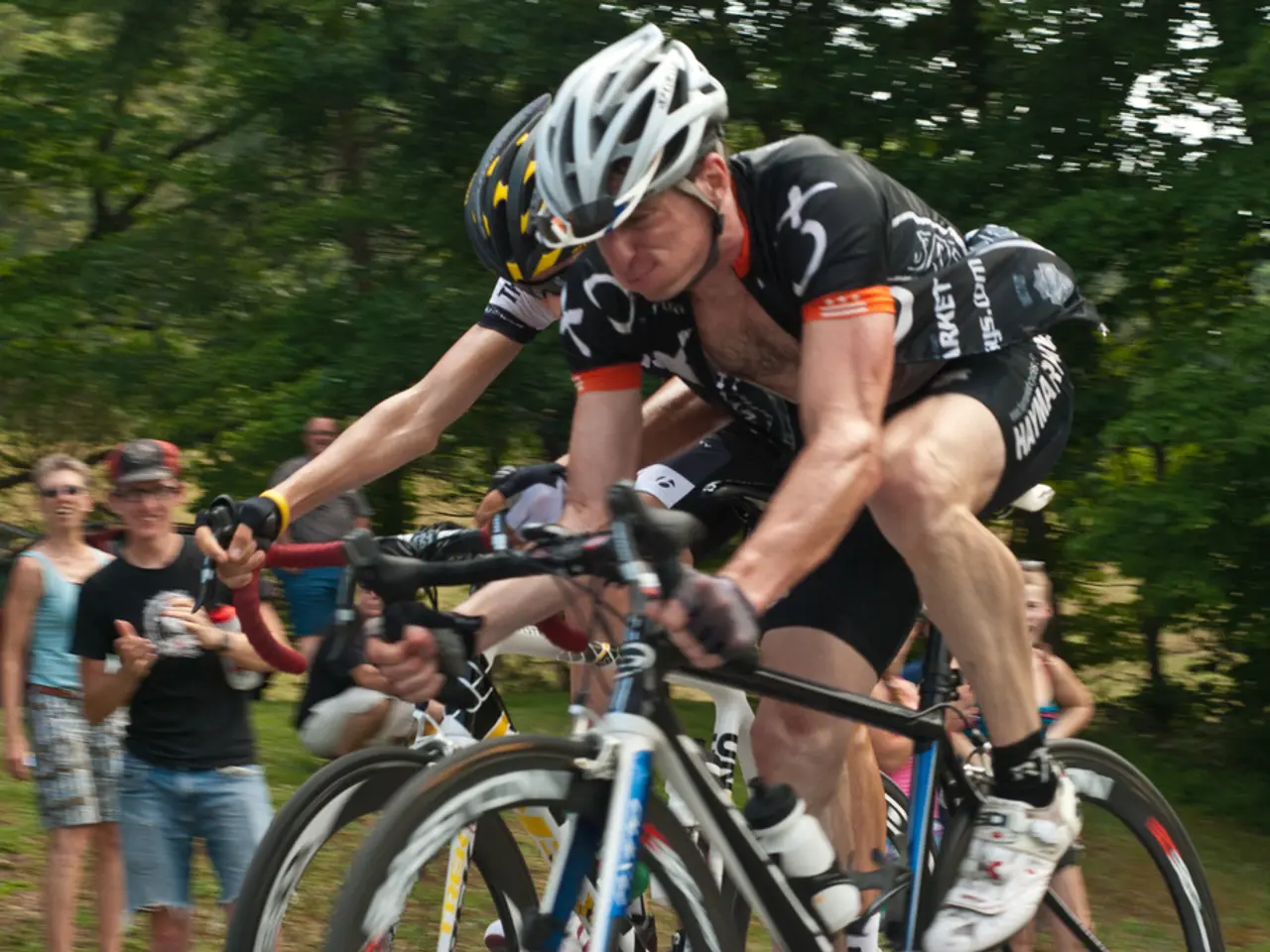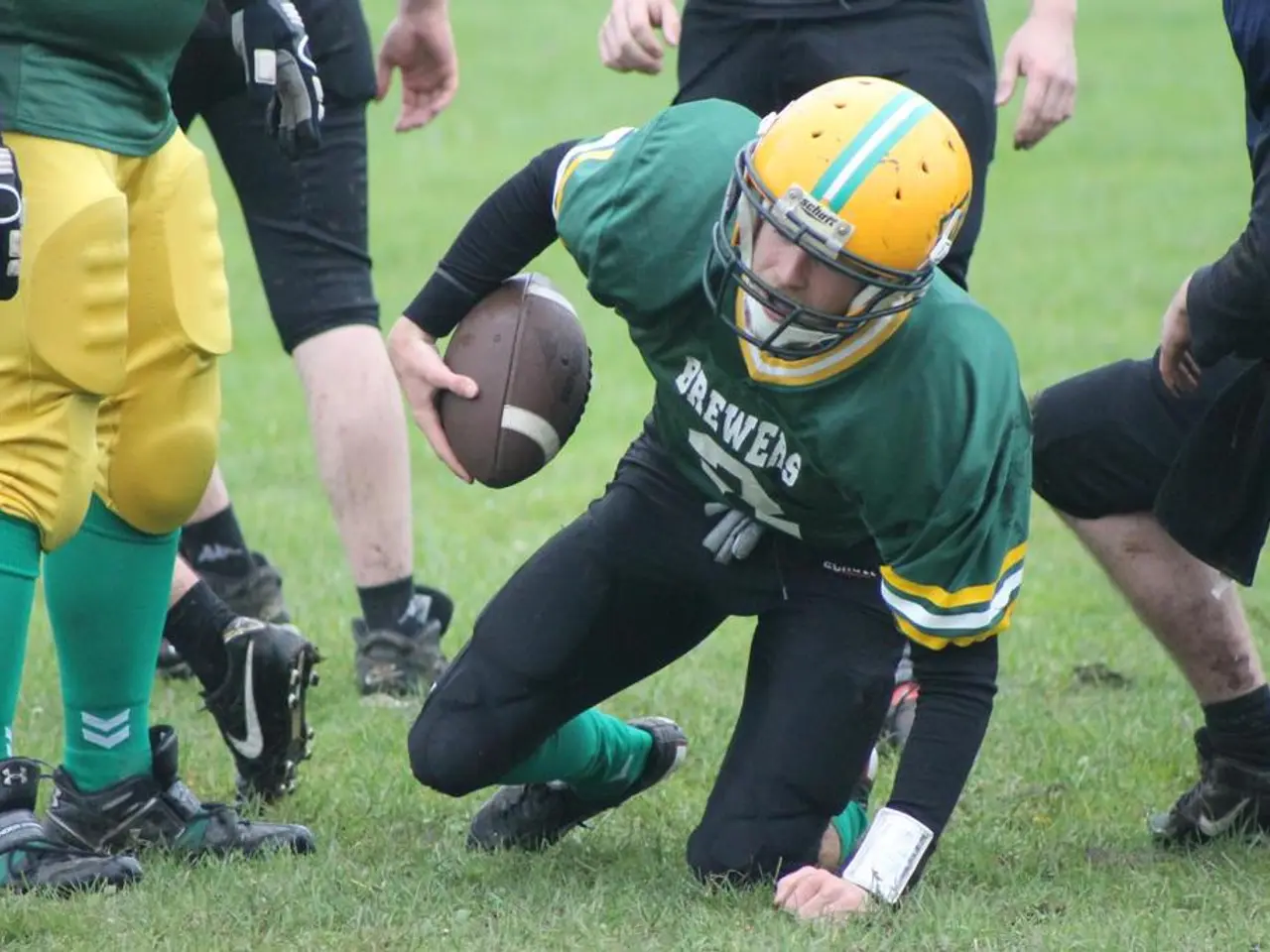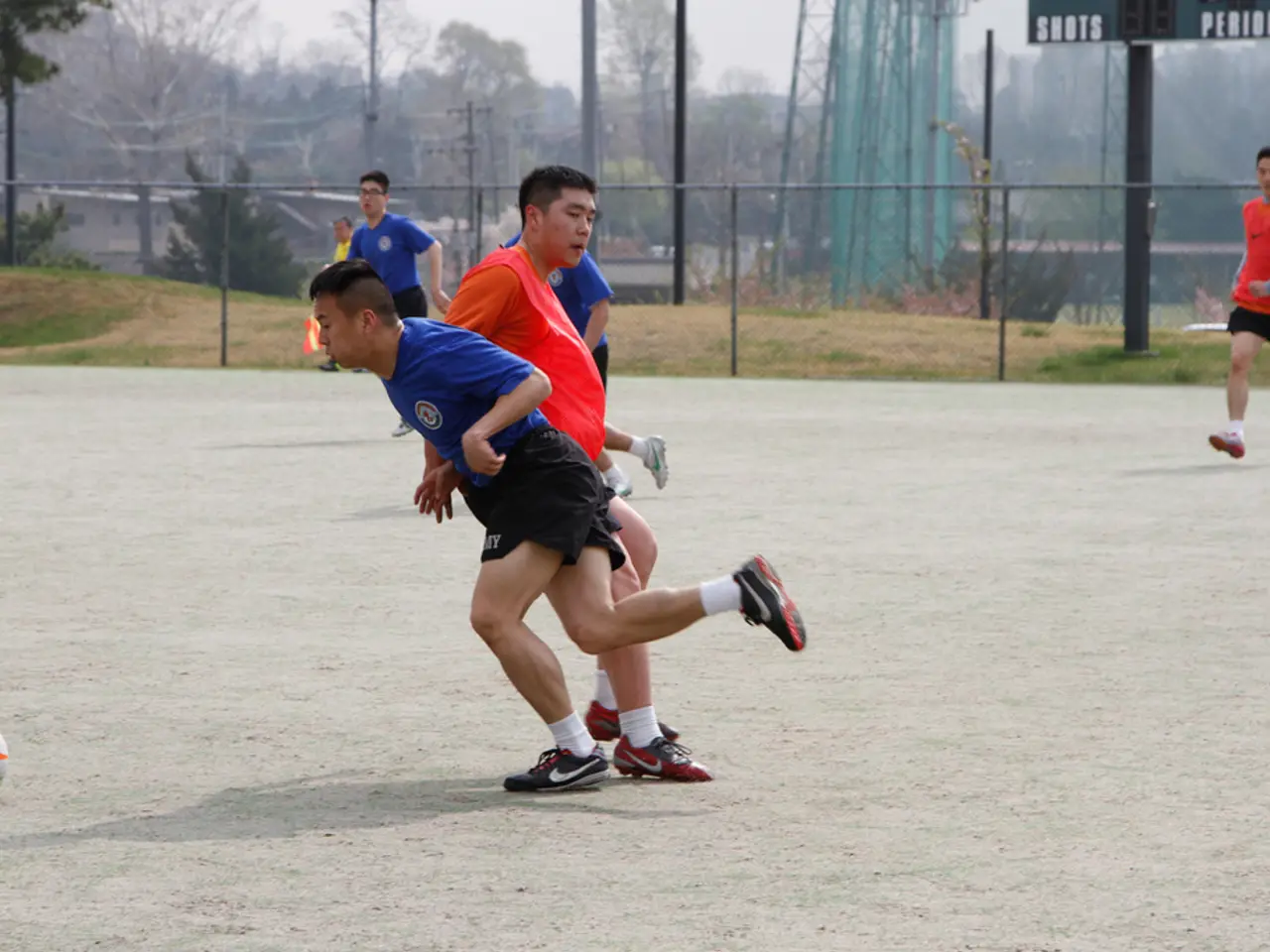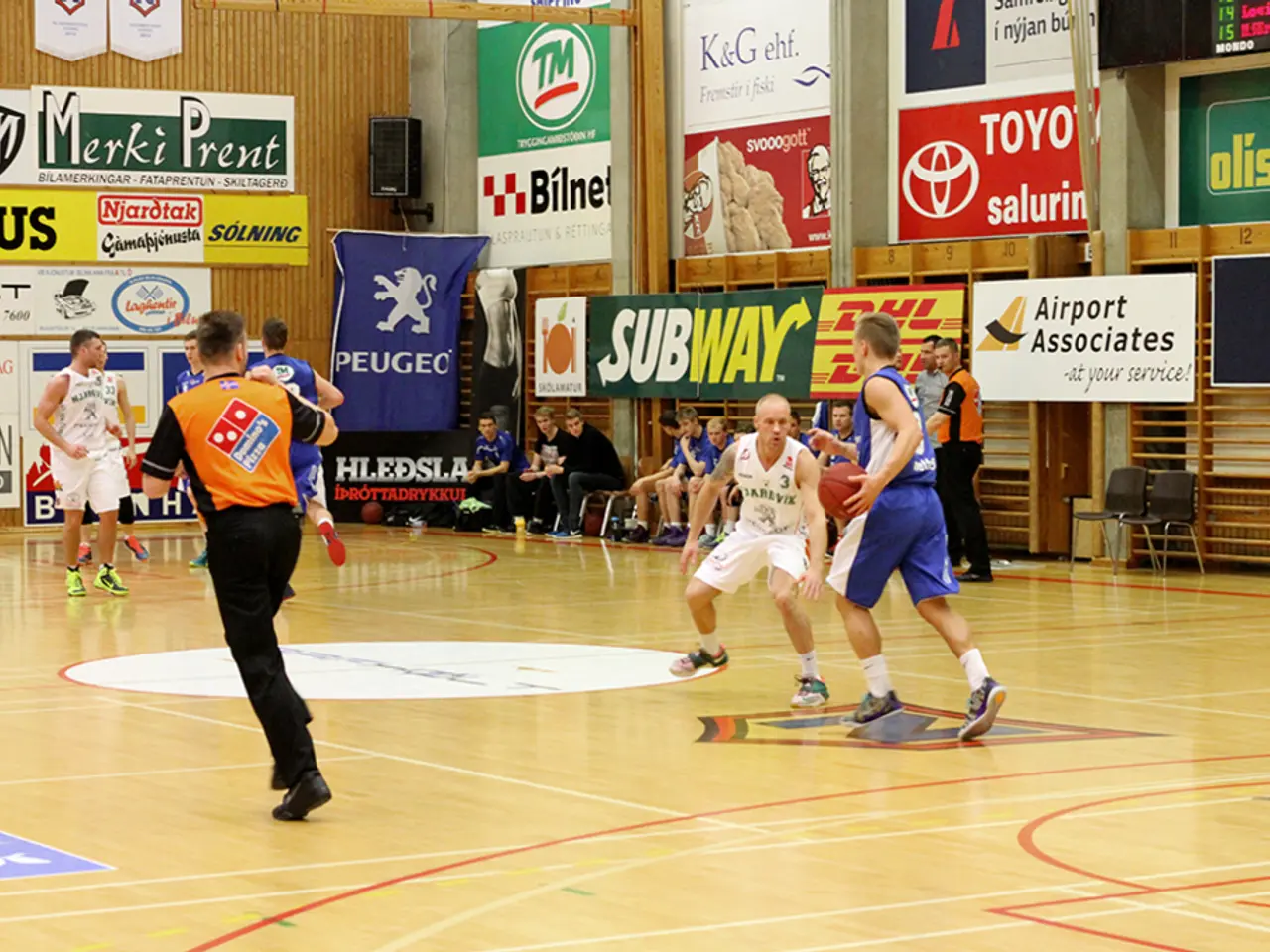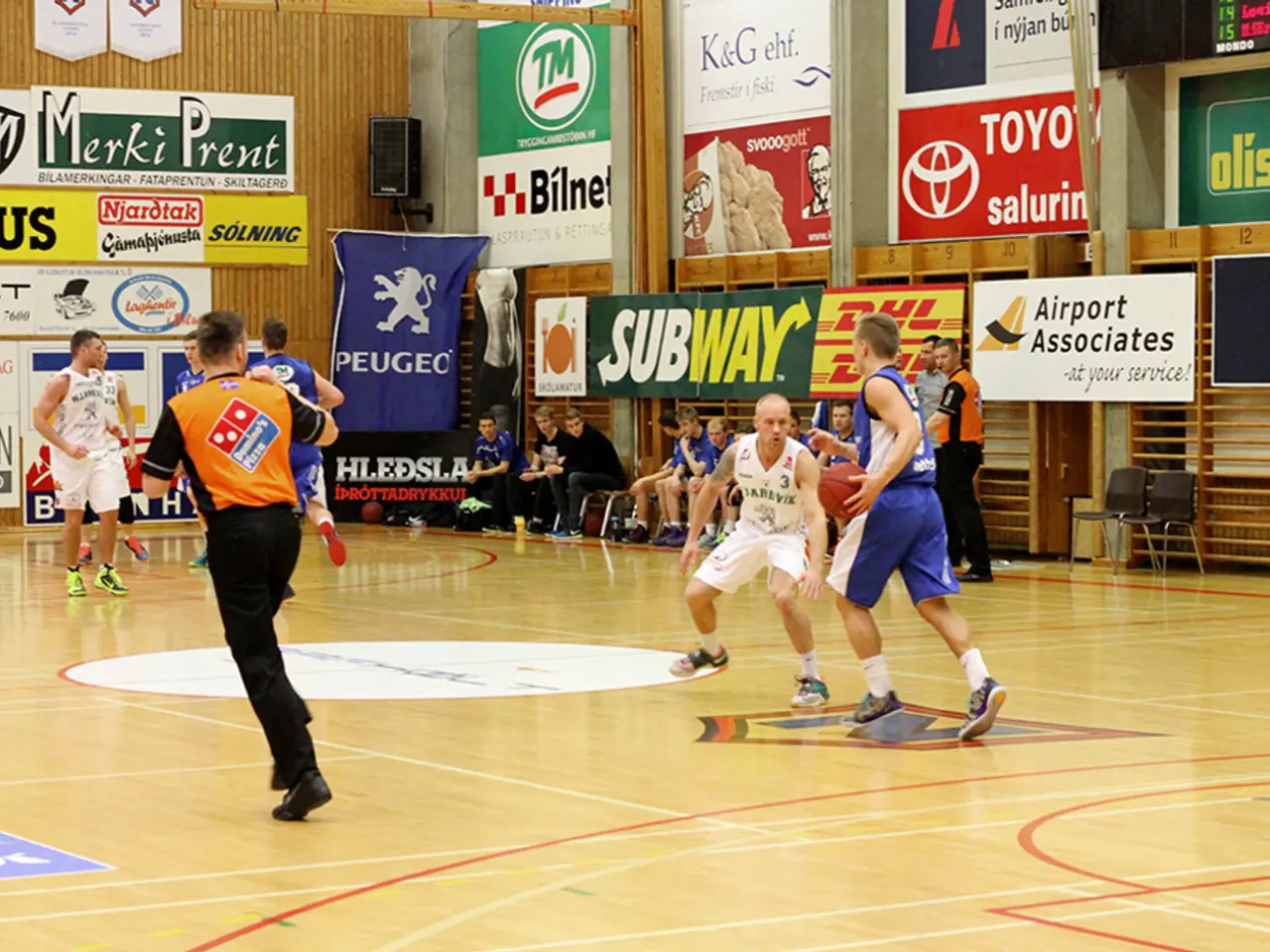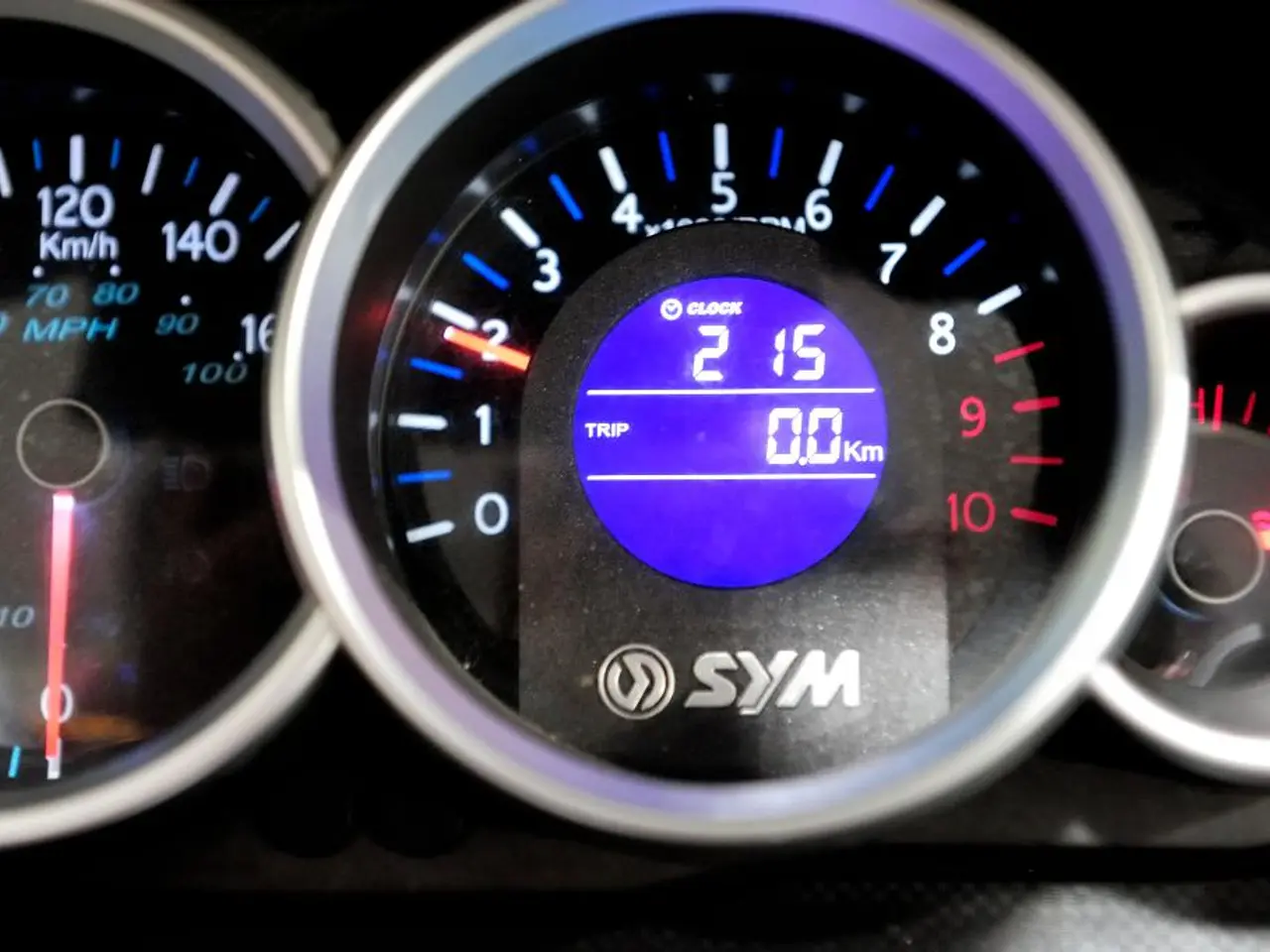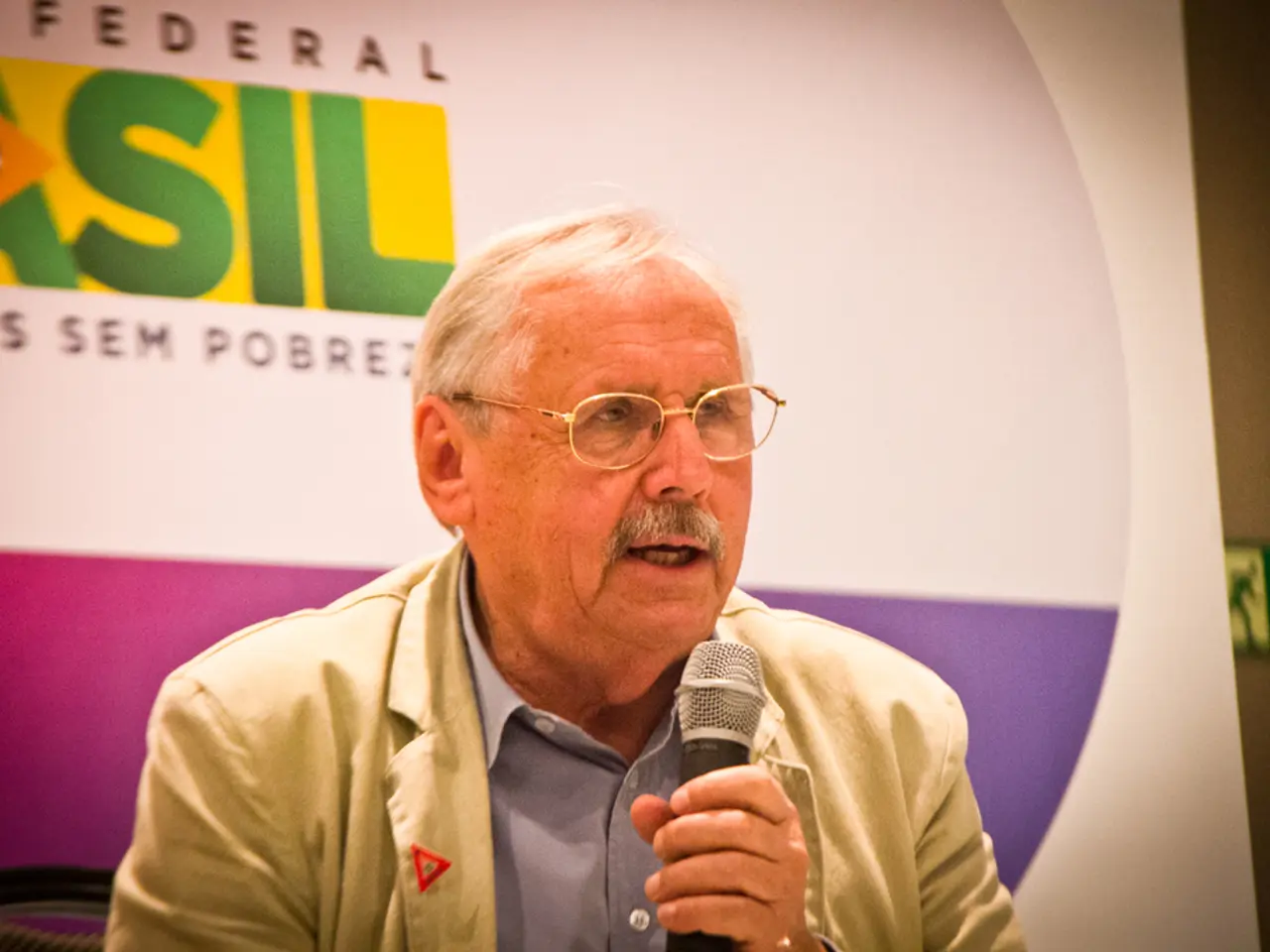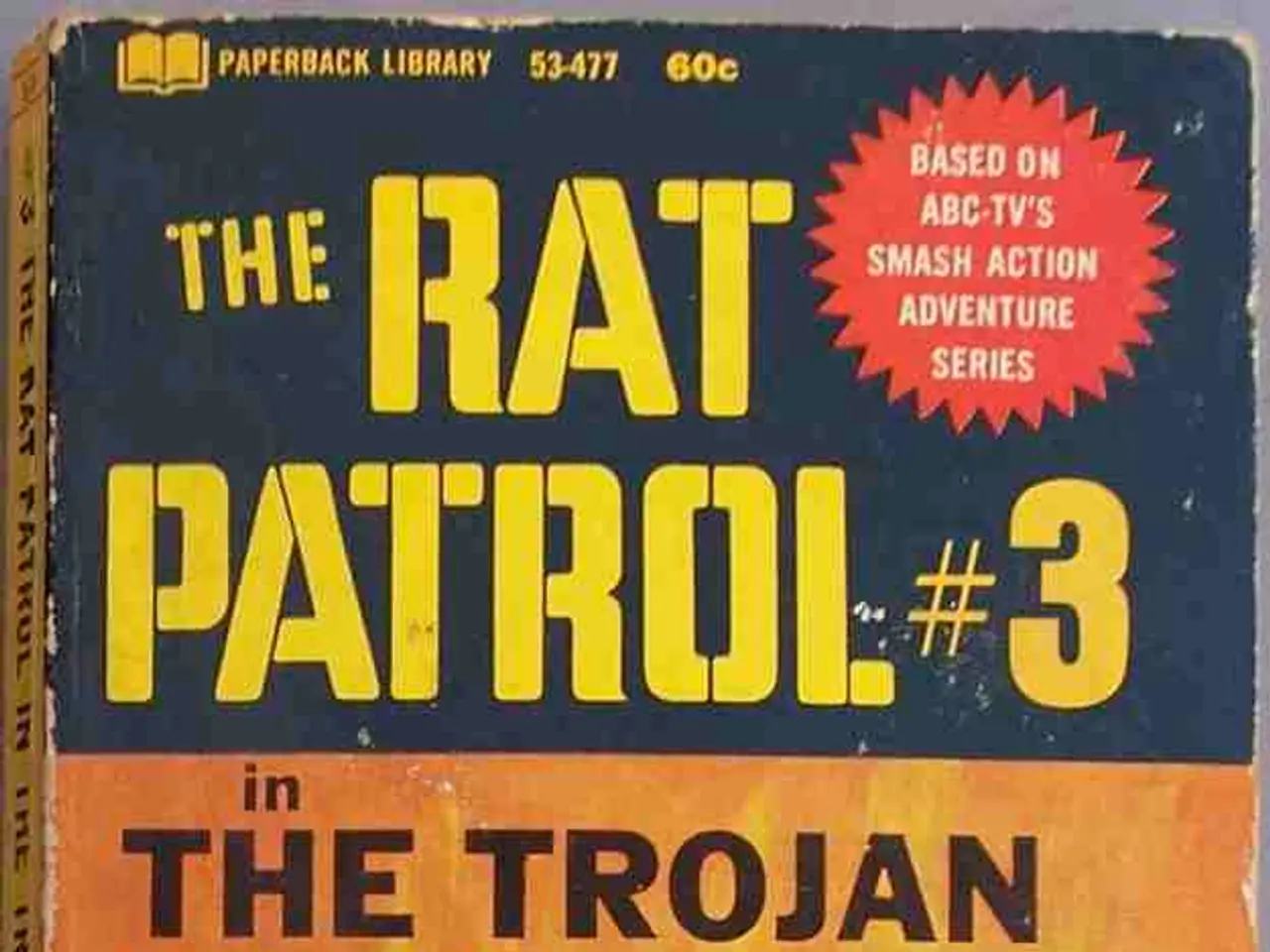Winners and struggled teams in the Tour de France: Concerns over Picnic-PostNL WorldTour's relegation have decreased due to Oscar Onley's points collection
The Union Cycliste Internationale (UCI) has announced that the allocation of WorldTour licenses for the year 2026 will be primarily based on the triannual rankings of teams. This system, introduced in 2019, aims to ensure a competitive balance and maintain the highest-performing teams in the WorldTour.
Under this system, team points accumulated over three consecutive seasons are tallied to determine which teams will be promoted or relegated. Teams that rank below the cutoff over this period face relegation to ProTeam status, losing their automatic license to compete at the WorldTour level. Conversely, top-ranked ProTeams have chances to be promoted, with the UCI rules recently expanded from allowing two to three automatic invitations for the leading ProTeams to WorldTour races, including the Tour de France.
One team that may face relegation is Arkéa-B&B Hotels, who have struggled to maintain a high enough triannual ranking. If the team manages to survive, they are almost certain to be relegated from the WorldTour. Their best bet for automatically being invited to race the 2026 Tour de France is to be one of the top three ProTeams of 2025.
On the other hand, teams like Israel-Premier Tech, currently sitting 14th, are positioned for promotion based on their accumulated points over three years. Another team that has improved their position is Picnic-PostNL. After a successful Tour de France, they shot up five places in the 2025 rankings and climbed from 18th to 16th in the 2023-2025 UCI Team Rankings.
Other teams have had less successful Tour de France performances. Soudal-Quickstep, for instance, only earned a meagre €72,810 and finished eighth-best in the prize list. Ineos Grenadiers also had a disappointing Tour, finishing 13th in the prize rankings and not having a rider in the top 10 of the Tour for the first time since 2020.
Meanwhile, Lidl-Trek's Jonathan Milan won two stages and the green jersey, gaining 1,280 UCI points and €103,770 in prizes. Red Bull-Bora-Hansgrohe earned €190,490 in prizes, with Florian Lipowitz landing on the podium and Primož Roglič finishing in eighth.
The UCI promotion/relegation system for WorldTour licensing from 2026 onwards relies heavily on team rankings computed over a three-year period. Only the top 18 teams based on these multi-year rankings are eligible to earn or retain their WorldTour licenses. This system promotes consistent performance across three years rather than short-term success.
References: [1] UCI. (2021). WorldTour licensing criteria. Retrieved from UCI website
Sports like road cycling are evaluated based on the triannual rankings of teams, as determined by the Union Cycliste Internationale (UCI). These rankings play a crucial role in determining the allocation of WorldTour licenses for the year 2026, with only the top 18 teams secured a spot.
